Fan Bingbing: Vanished Chinese star 'not socially responsible'
- Published
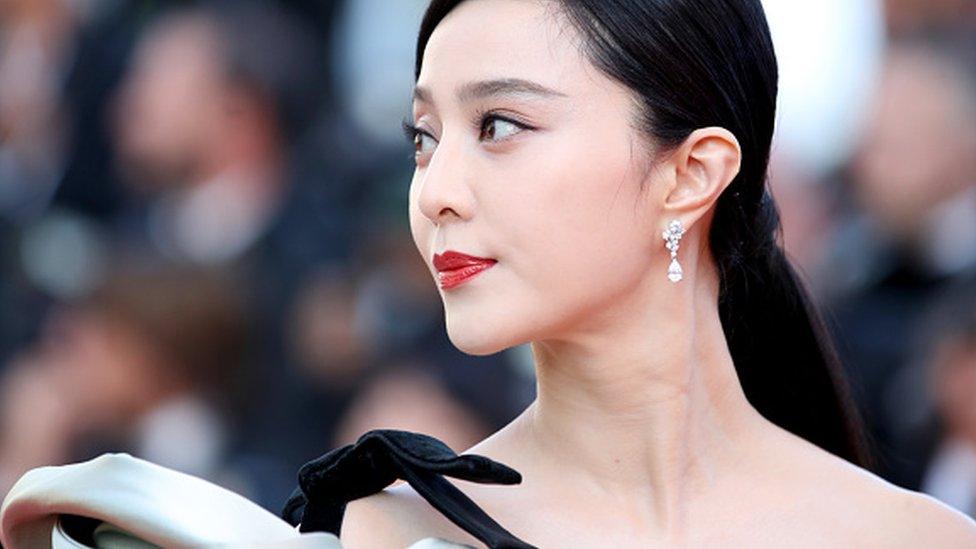
Fan Bingbing, who got a 0% score in the report, has not been seen in public since 1 July
Chinese film star Fan Bingbing has been ranked last in a report judging A-list celebrities on how "socially responsible" they are, fuelling further speculation about the whereabouts of the actress, who has not been seen in public for more than two months.
The 2017-2018 China Film and Television Star Social Responsibility Report, carried widely by state media outlets, ranks Chinese celebrities according to three criteria: professional work, charitable actions and personal integrity.
It praises celebrities who have become "relatively strong role models", but also highlights cases where it says they have had a "negative" social impact.
But what is most notable is its 0% rating for Fan Bingbing, one of China's biggest stars, who hasn't been seen in public since 1 July when she visited a children's hospital.
The report was authored by academics at Beijing Normal University.
Who is Fan Bingbing?
She is known internationally as a singer and model, as well as for her appearance in the X-Men film franchise.
Her name has been linked to a government probe involving celebrities using "yin-yang contracts" - a practice where one contract sets out an actor's real earnings, and another details a lower figure, with the latter submitted to the tax authorities.
Although Fan Bingbing's studio denies any wrongdoing, online users are speculating that the reason she scored 0% is a result of the widely-circulated allegations, which state media have said have had a negative impact on society.
There is no word on what has happened to Fan. However there is speculation she has been arrested.
Most recently, state-run Chinese publication Securities Daily published a report which said she had been placed "under control, and would "accept the legal decision".
But the story was pulled down a few hours later.
How does the report rank stars?
The authors said they studied the behaviour of 100 Chinese singers, actors, and public figures - based in China and abroad - to assess the extent of their social responsibility.
They did not specify exactly how they arrived at the results in the test, but said that their findings were based on "research and web-scraping".

The three members of boyband TFBoys passed the 'socially responsible' test
Only nine celebrities were deemed to be socially responsible enough, however, with a pass requiring a score of more than 60%.The report stressed that celebrities had to do more to promote "positive energy" and hinted that they needed to be more aware of behaviour and actions that might have a "negative social impact".
"We wanted to have a more thorough evaluation of celebrities," Zhang Hongzhong, who led the project, told English-language news website Sixth Tone.
He said that many celebrities were in danger of being simply branded "little fresh meats" - an internet buzzword used to describe good looking young men - and that their activism and philanthropy work was often overlooked.
So who passed?
Top of the list is actor Xu Zheng (78%), who appeared in the highly acclaimed film Dying to Survive. The film was based on a true story about a Chinese man smuggling cheap Indian drugs into the mainland to help cancer sufferers.
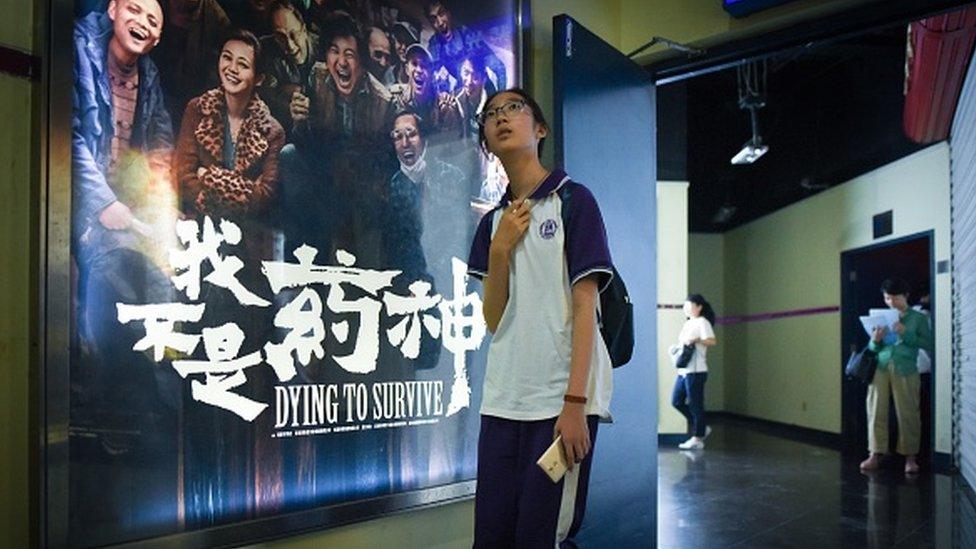
The Chinese government wants actors like Wu Zheng in 'Dying to Survive' to inspire young people
Two and three in the list are members of the hugely popular boy band TFBoys, in recognition of their philanthropic work. Another member comes fifth.
Actor Yang Yang (61.%), who ranks ninth, is highlighted because he set up a charity to help educate underprivileged children in remote mountainous regions.
How did people react?
State media are highlighting the report as a significant document, and outlets are praising the higher-ranked celebrities.
Social media users meanwhile - who have been long been fascinated by celebrity rankings - are weighing in on what the document might mean for their favourite celebrities, particularly Fan Bingbing.
Many users of the Sina Weibo microblog have voiced their surprise and concern that she has ranked so low, given there is no evidence of her being involved in any misconduct.
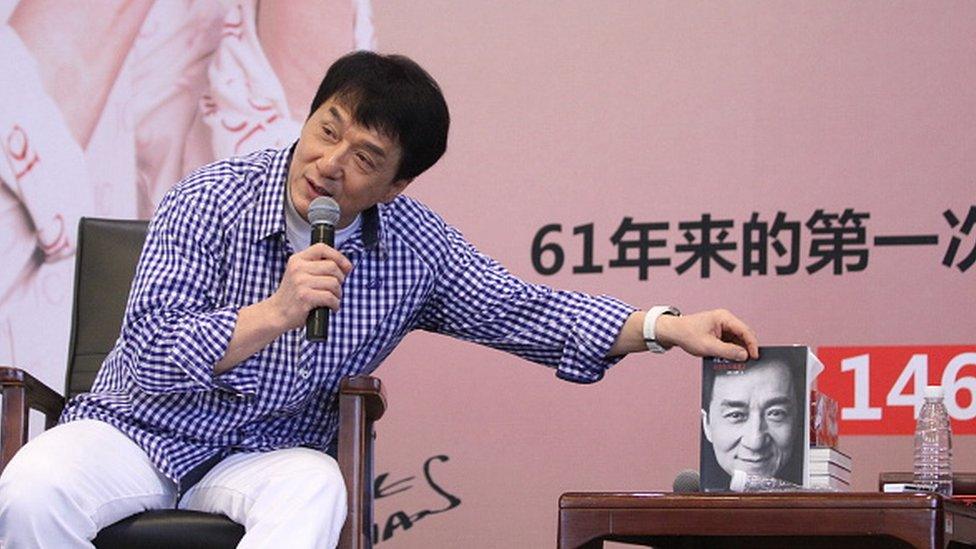
Actor Jackie Chan recently donated 50,000 copies of his autobiography to the China Disabled Persons' Federation
"Fan Bingbing has been working on a public welfare project," one user said. Another added that for her to get zero was "not right; she does a lot of public welfare."
"When the Tianjin fire broke out, Fan Bingbing donated one million yuan ($145,655; £112,565) to the Tianjin Fire Brigade. Has all the good she's done before just been erased?" one asked.
The bad ratings given to other celebrities has caused annoyance as well. One user, for instance, pointed out that actor Jackie Chan and Tibetan singer Han Hong, who rank 42nd and 59th, are well-known philanthropists.
Why does this report matter?
Chinese celebrities have long understood that taking a path of "virtue" is key to maintaining mainland audiences, and that it's extremely difficult to bounce back after being linked to scandal.
The country's media has also long stressed that celebrities need to spread "positive energy" among young audiences; in other words, to be upbeat and promote healthy moral values.
So they have lauded celebrities who have, for example, openly condemned tobacco or drug use.
But celebrities who voice opinions in line with government rhetoric gain even higher praise, for example if they promote the importance of young audiences referring to the self-ruling island of Taiwan as a "Chinese region" rather than a "country".
This latest emphasis on social responsibility, which media and fans alike are taking as a new mark of power, could now put more pressure on them to do just that.
BBC Monitoring, external reports and analyses news from TV, radio, web and print media around the world. You can follow BBC Monitoring on Twitter, external and Facebook, external.
- Published1 August 2018
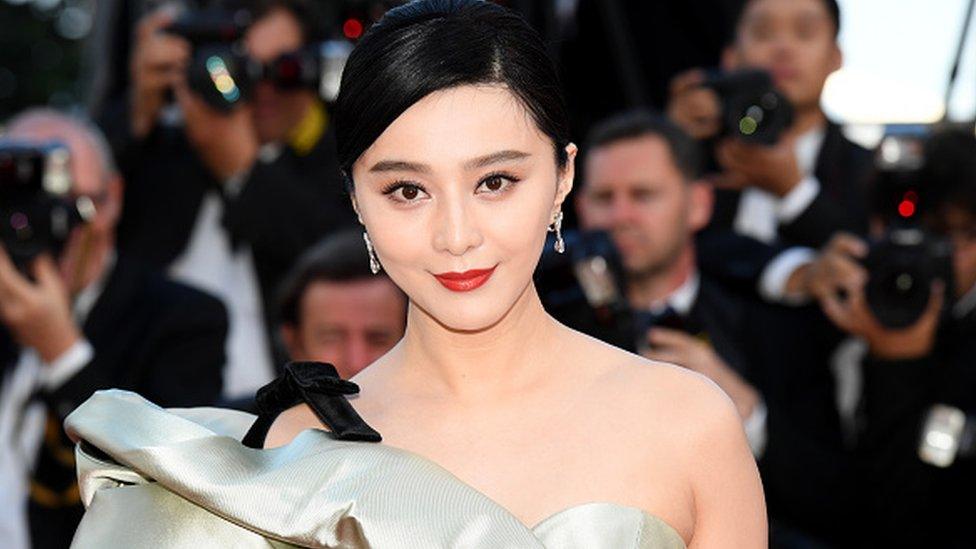
- Published28 June 2018
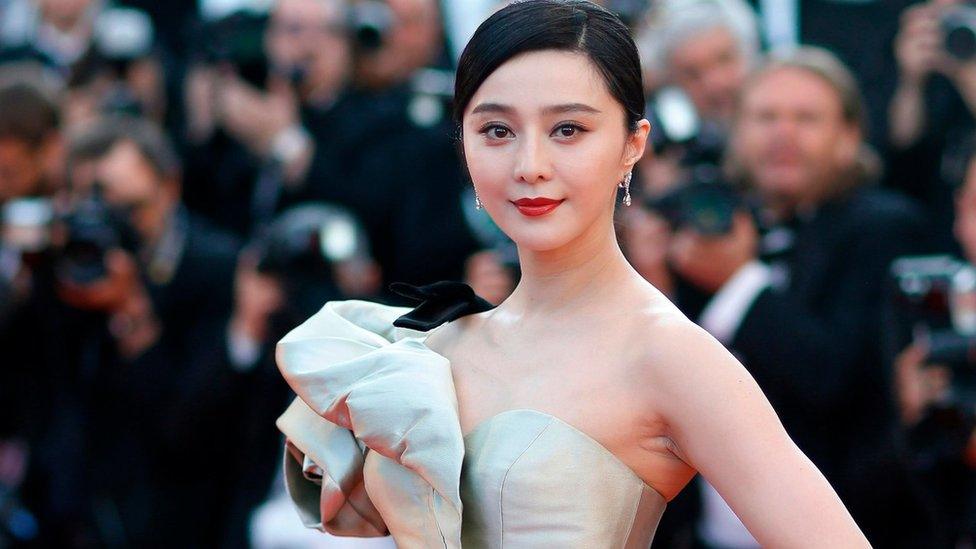
- Published1 August 2016
